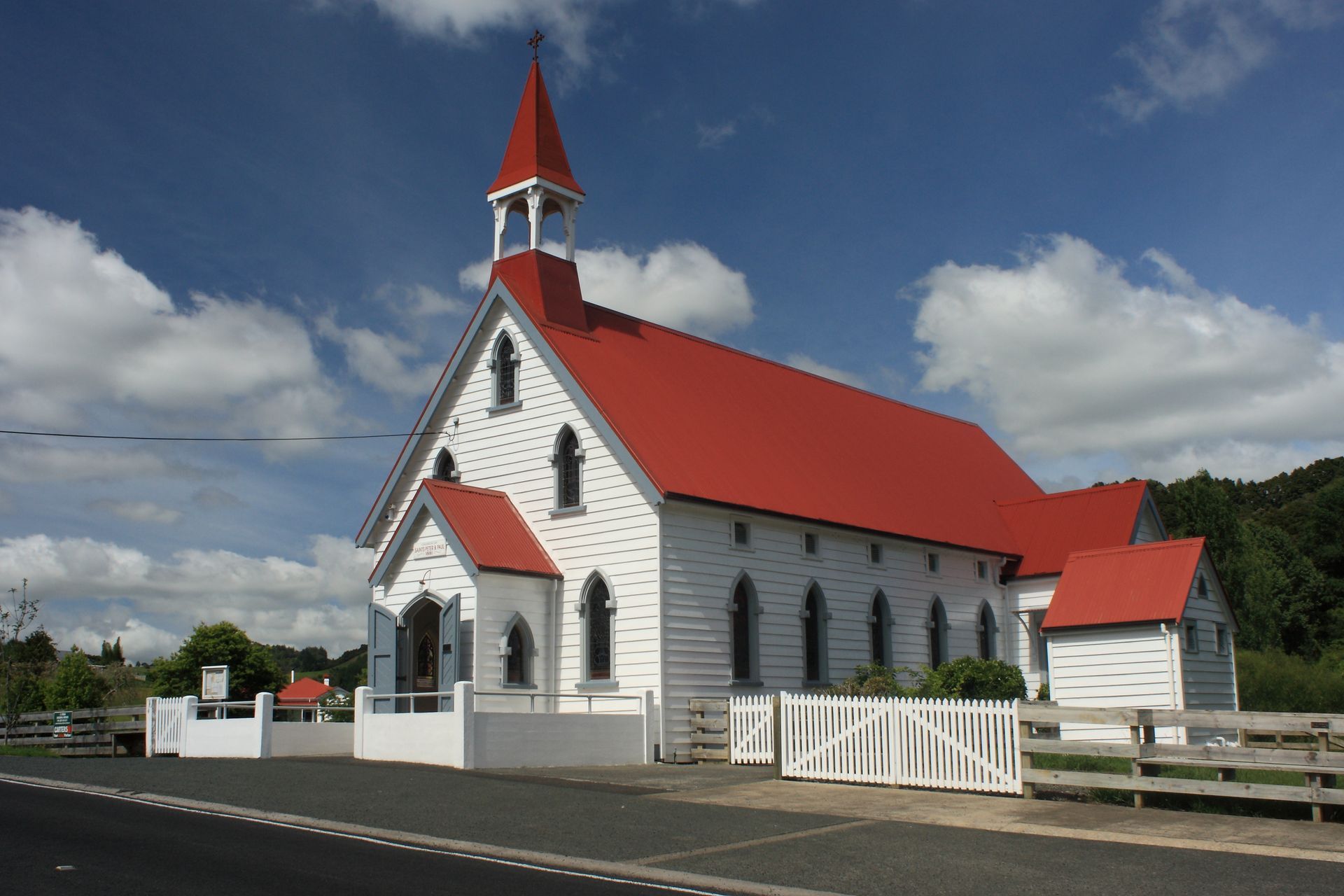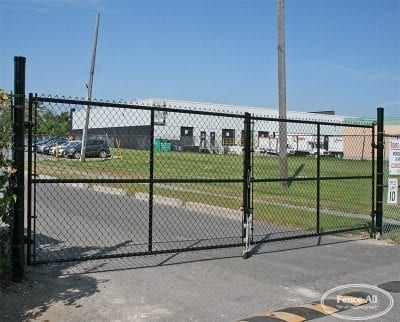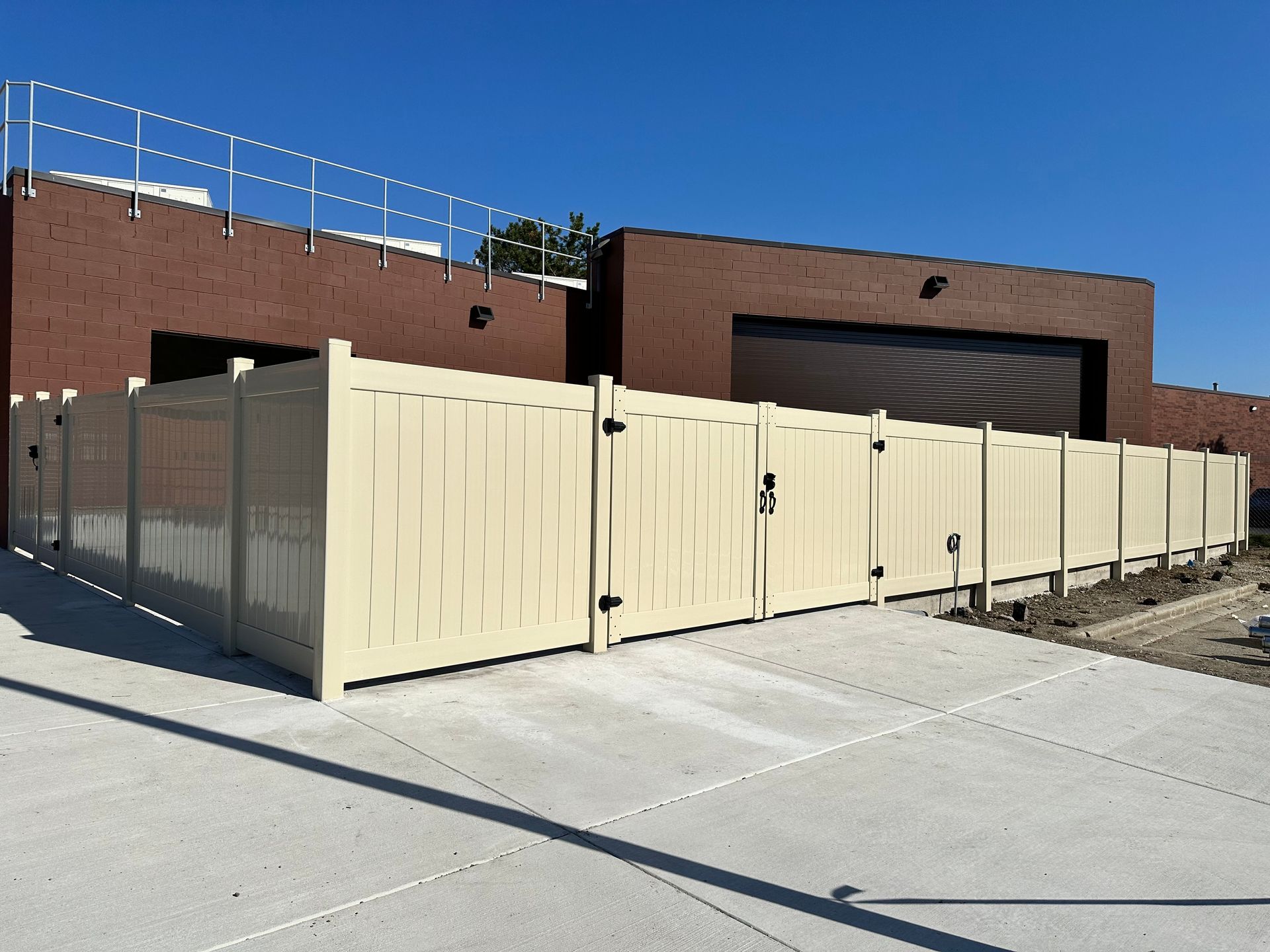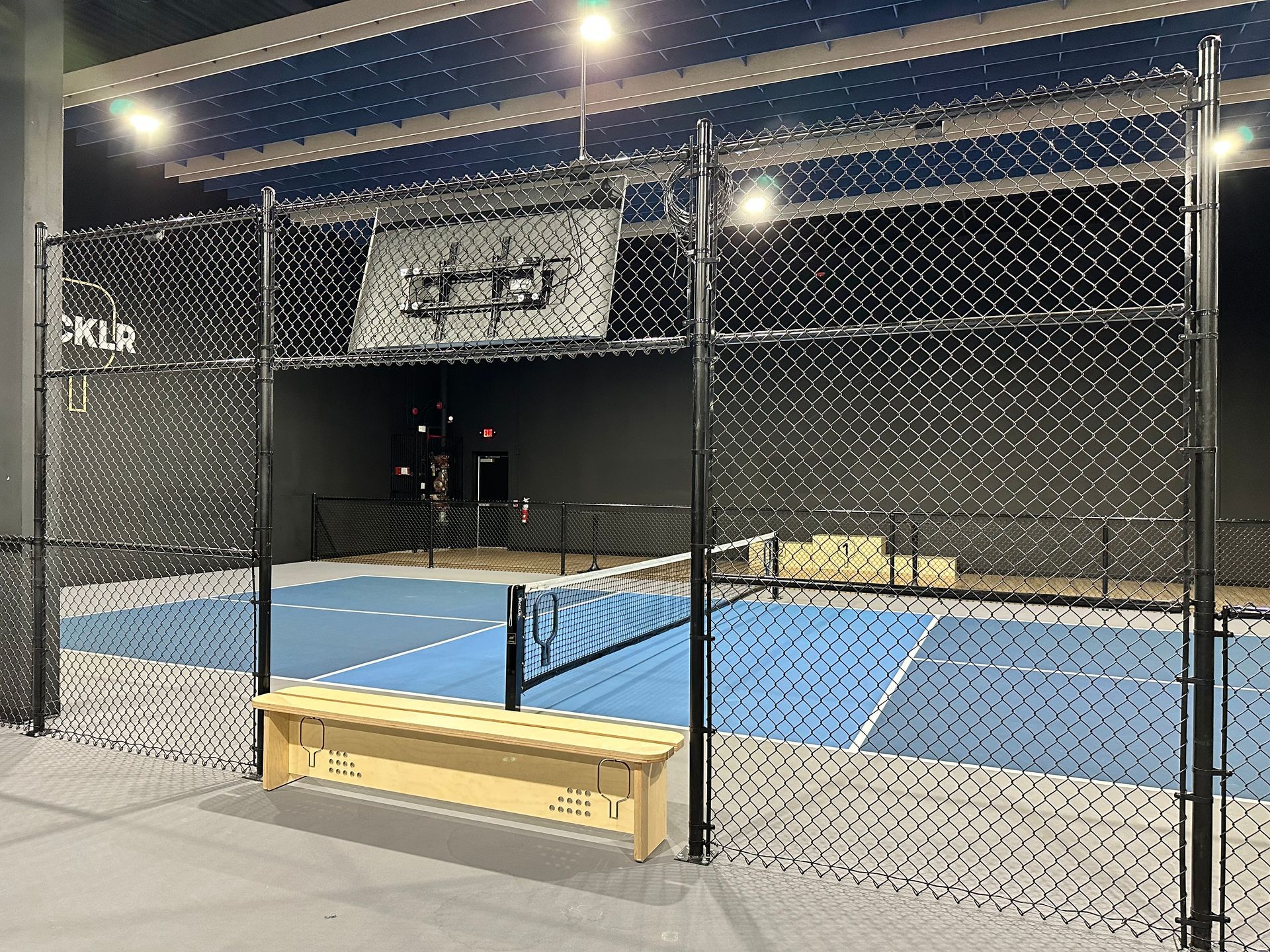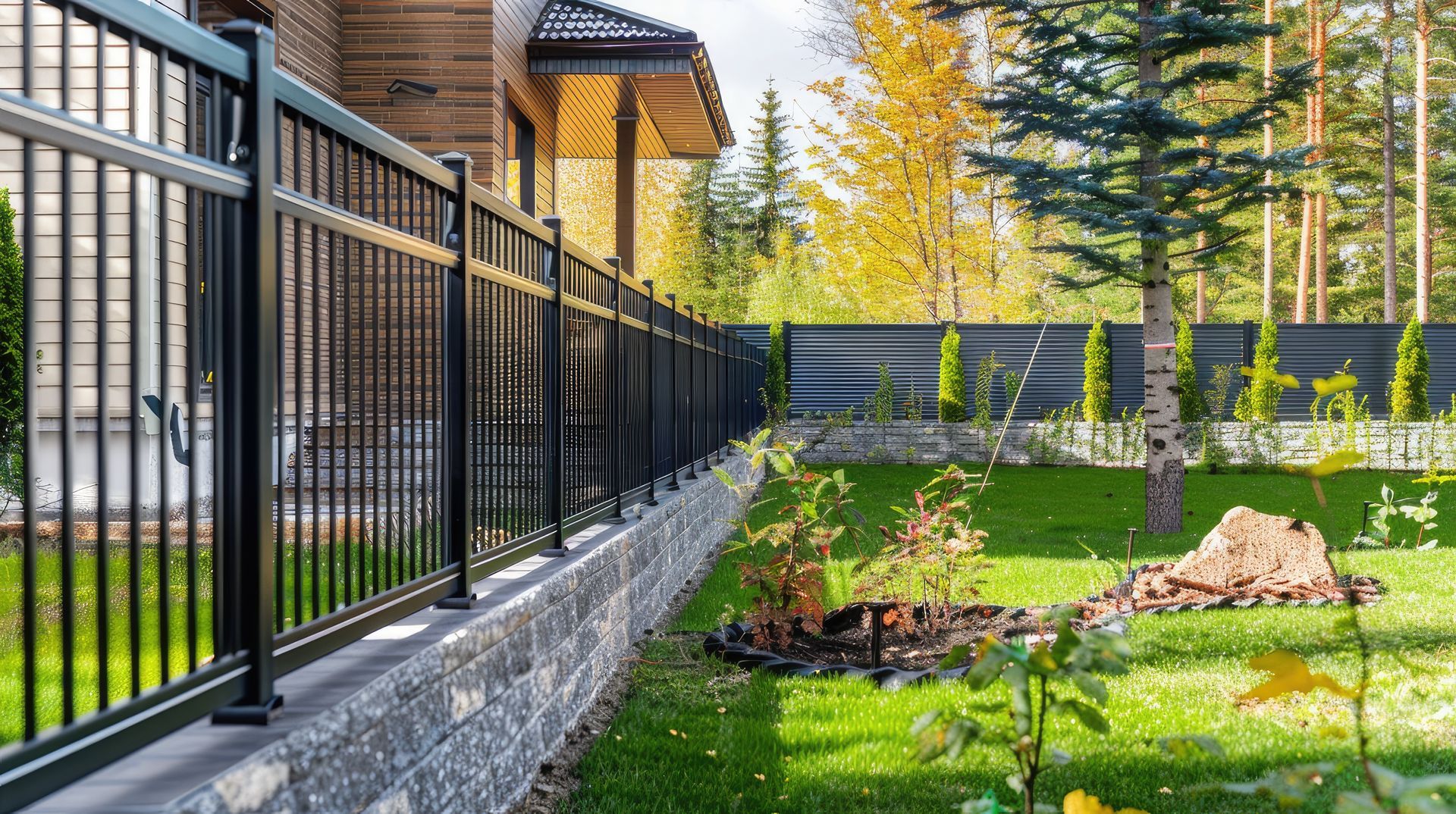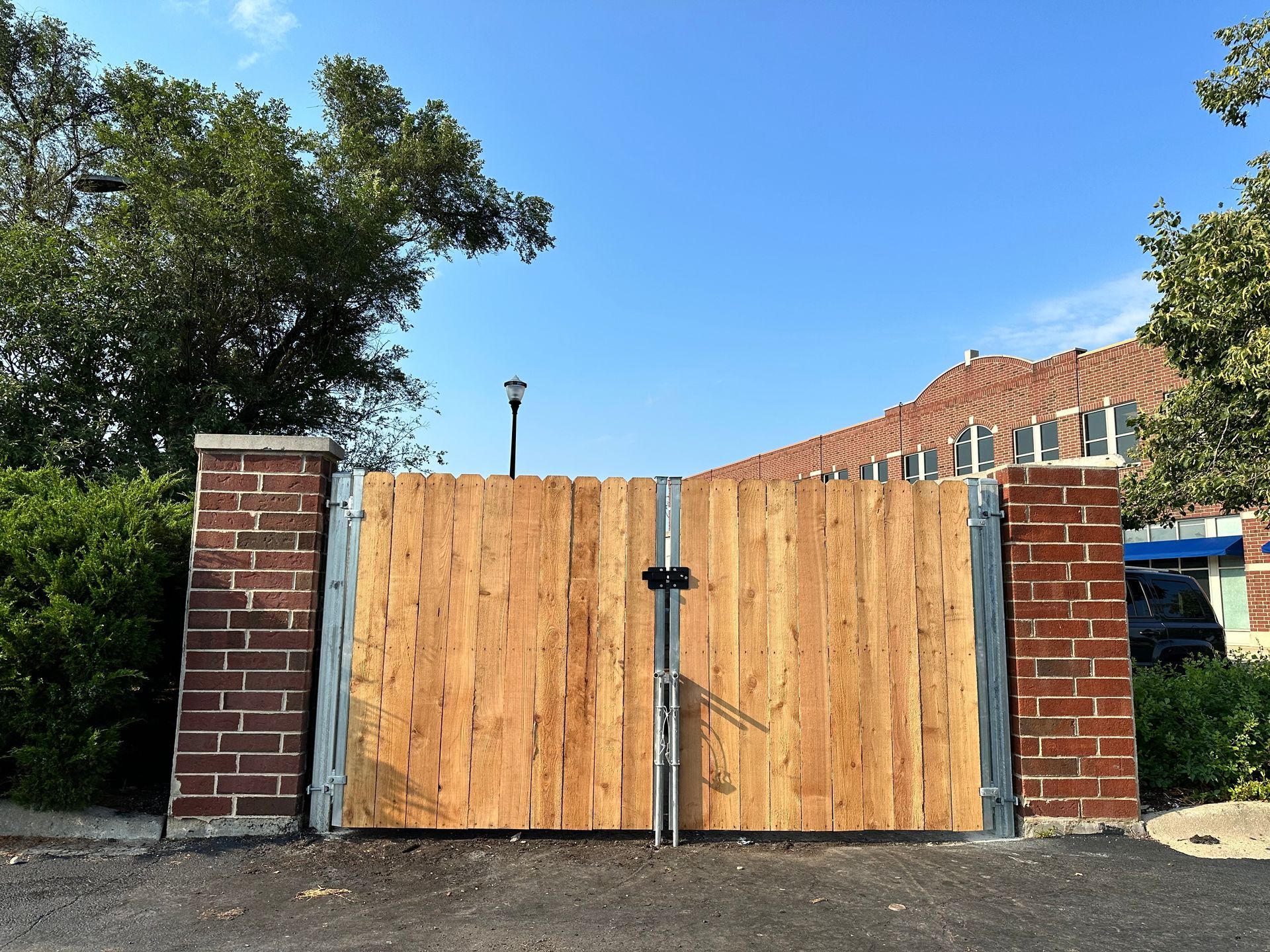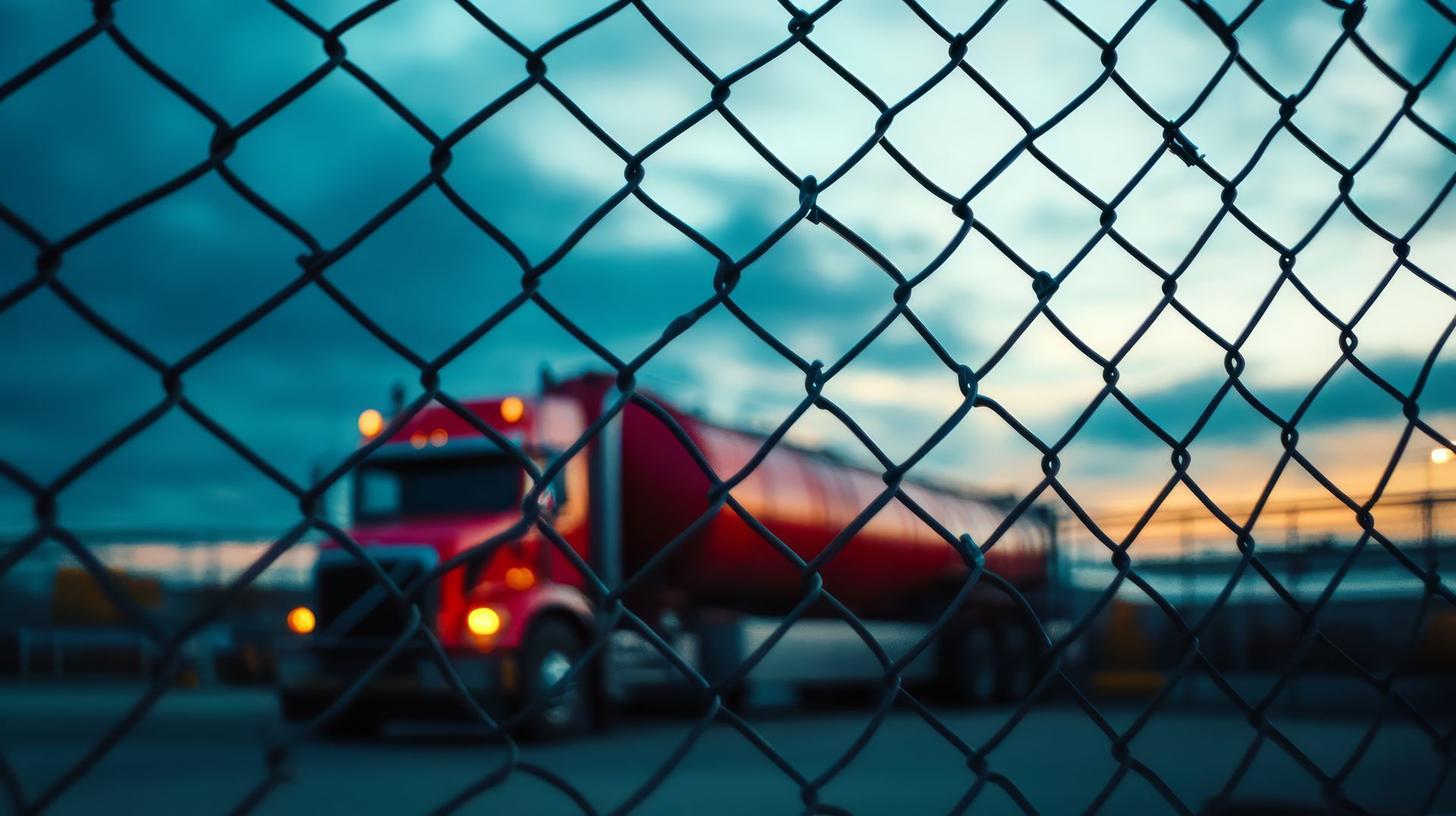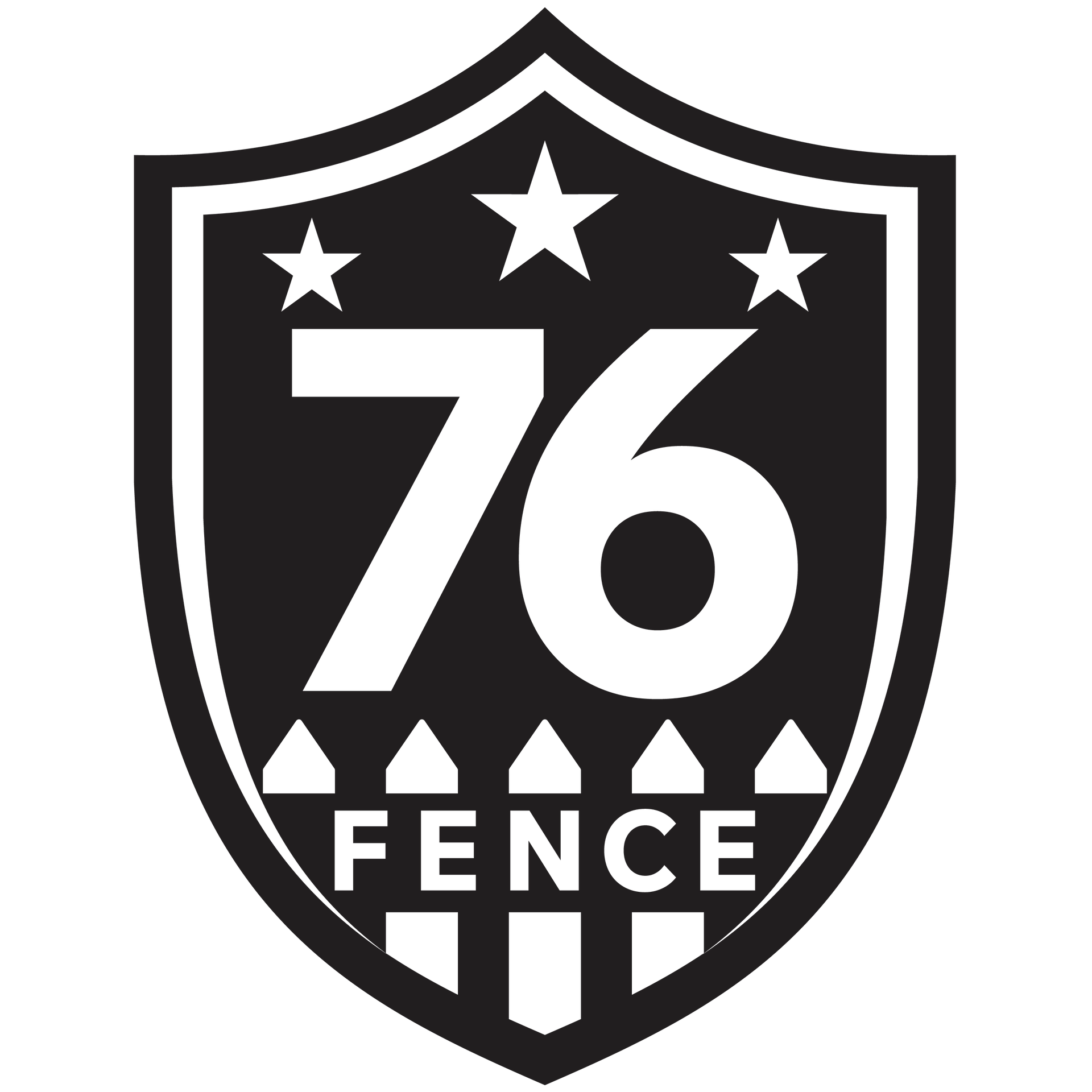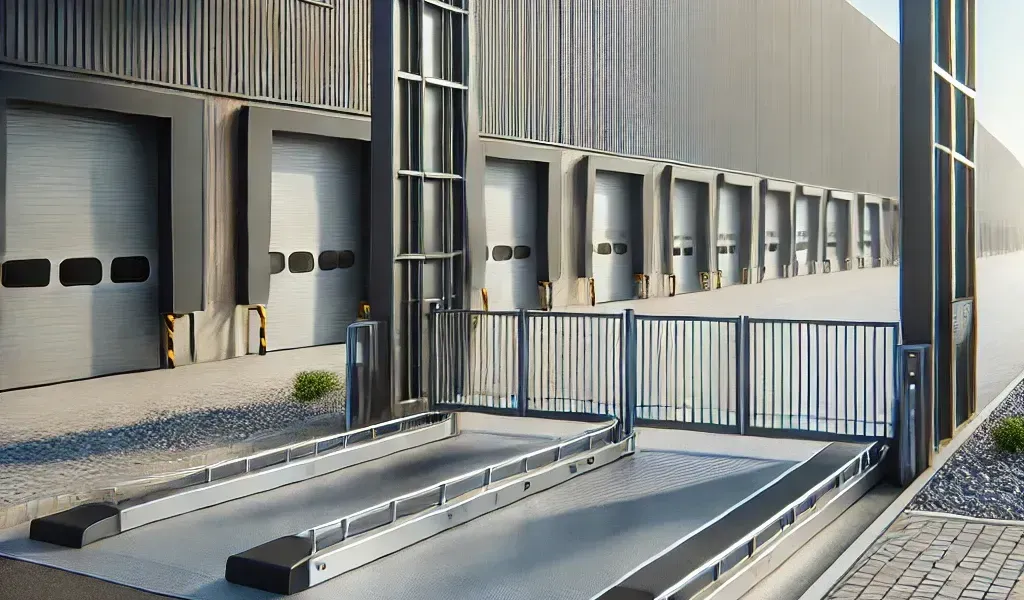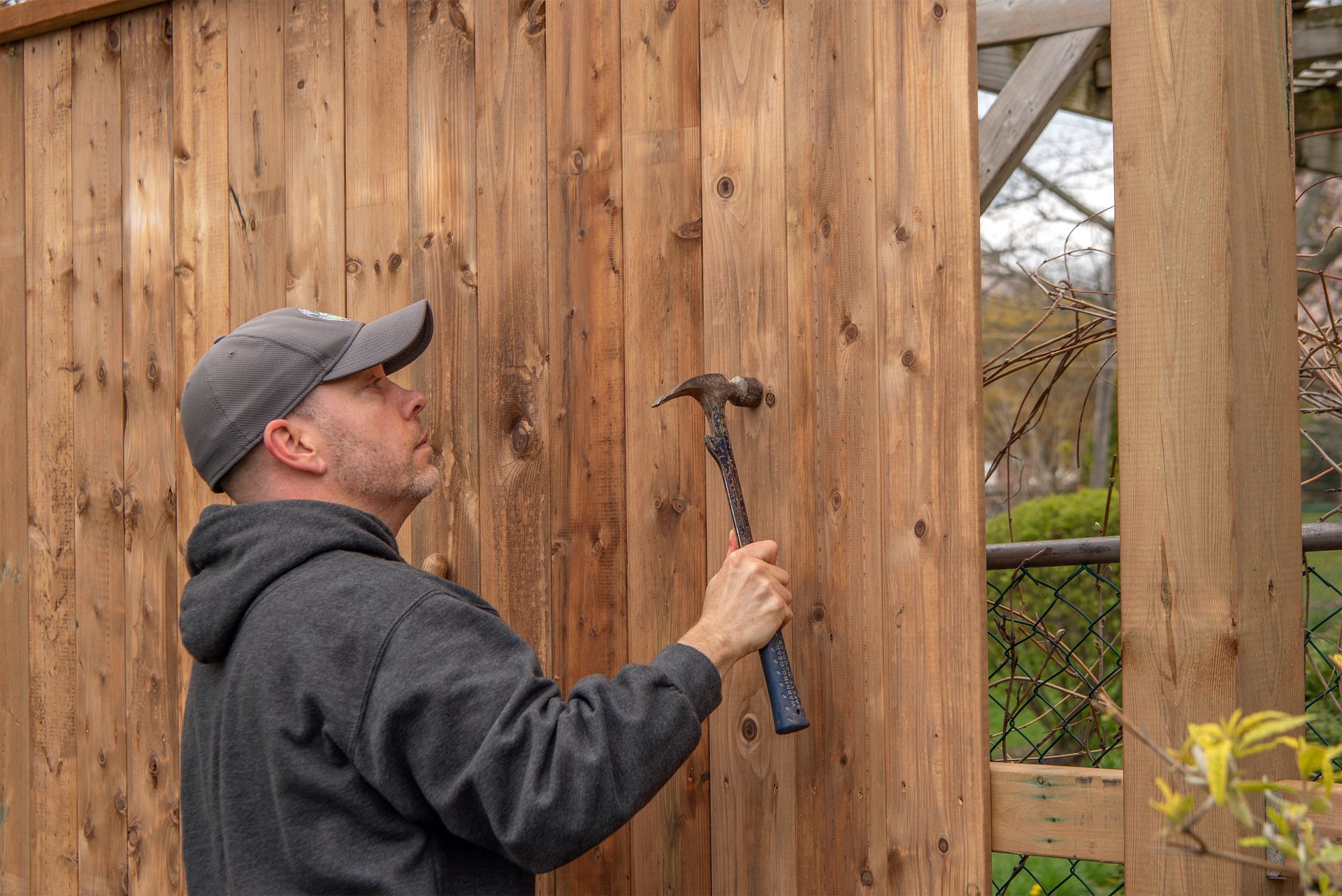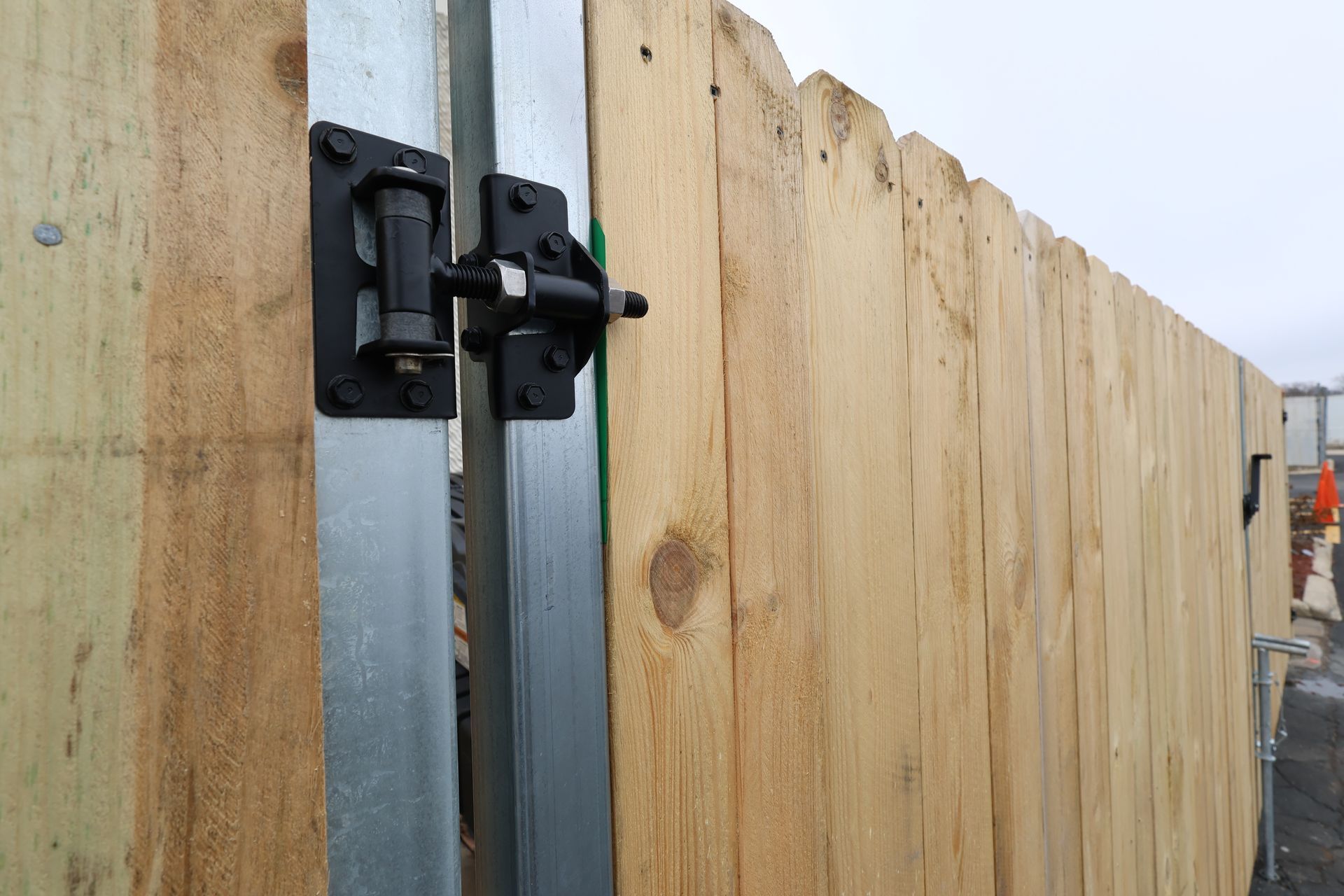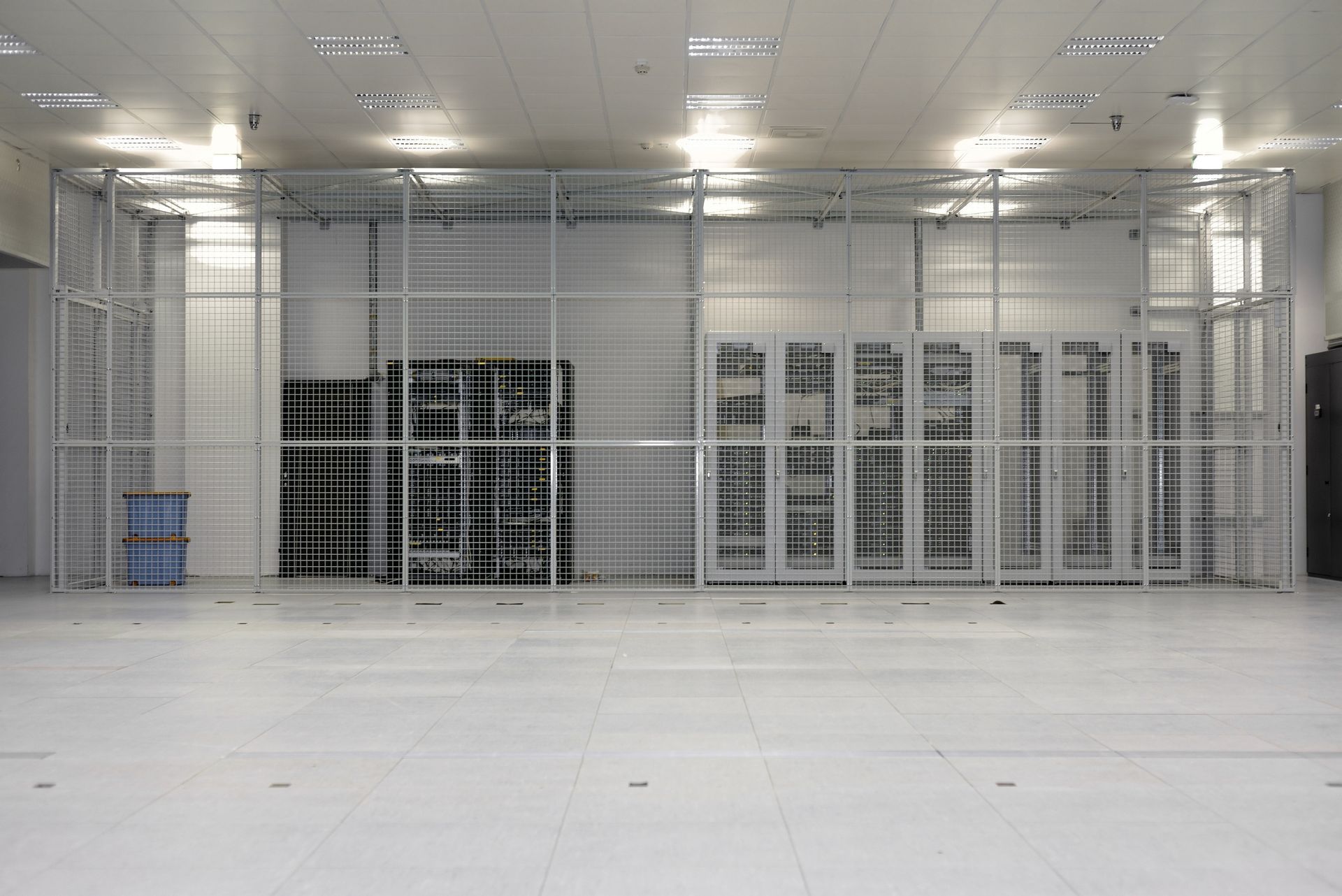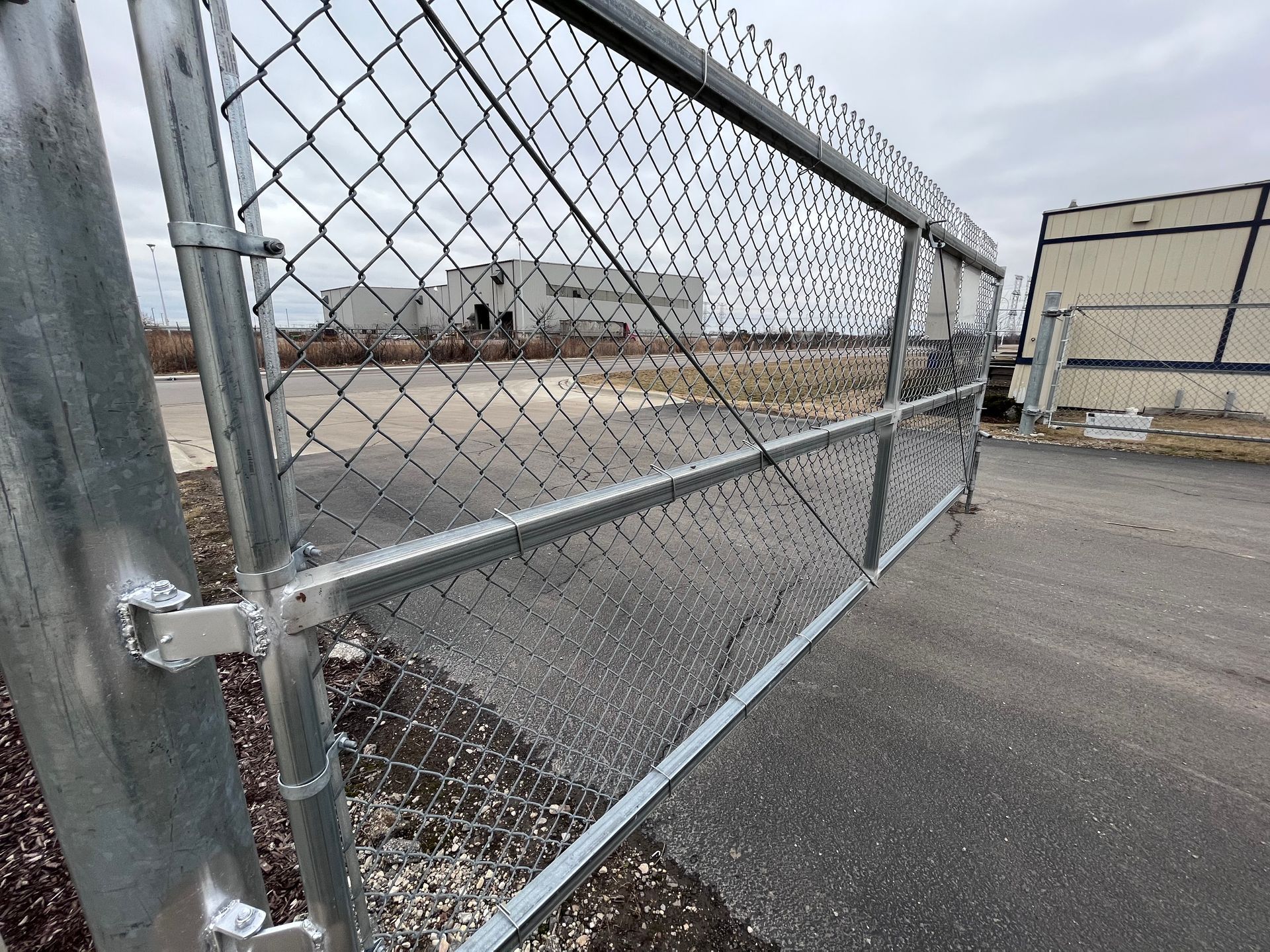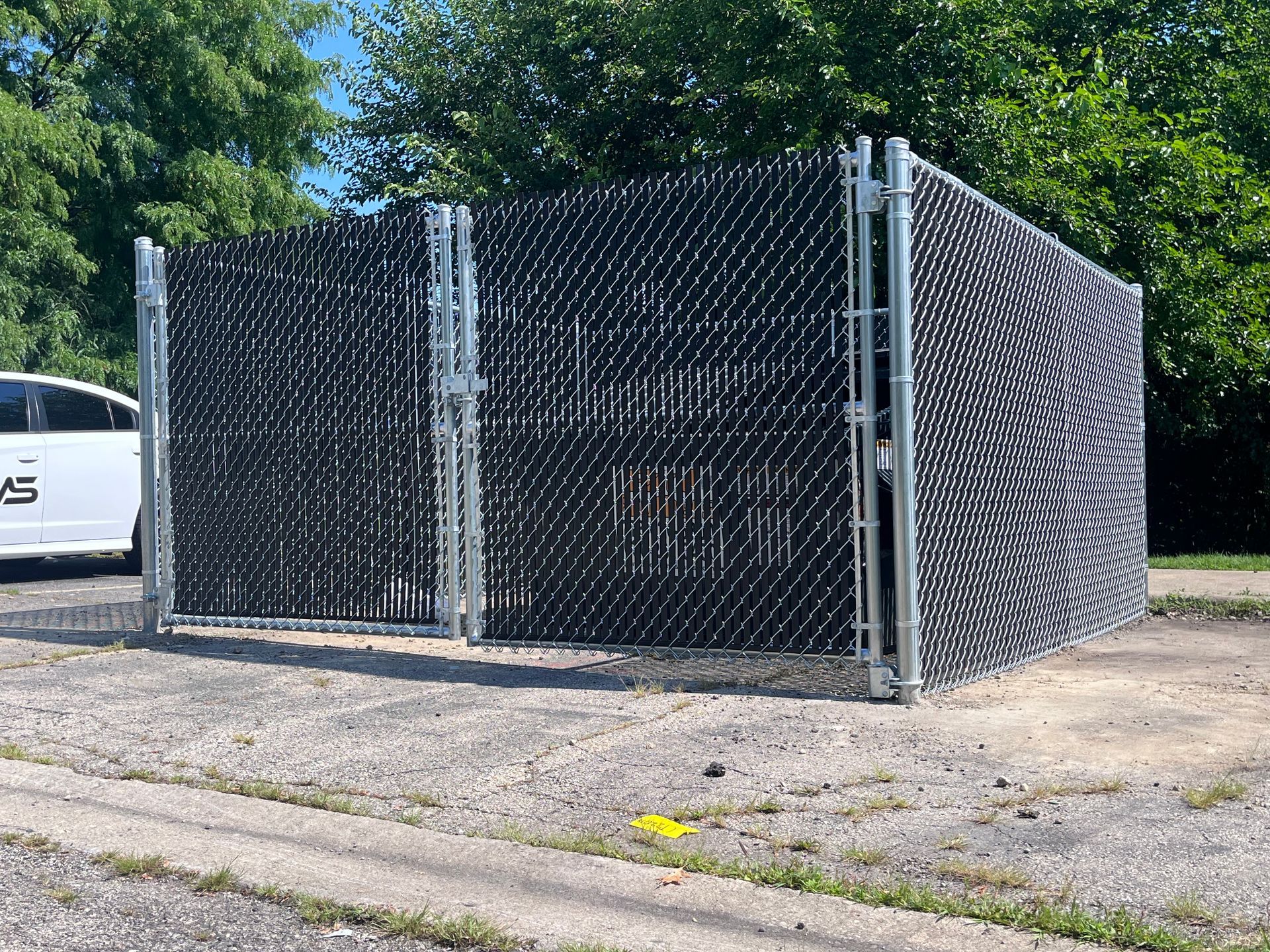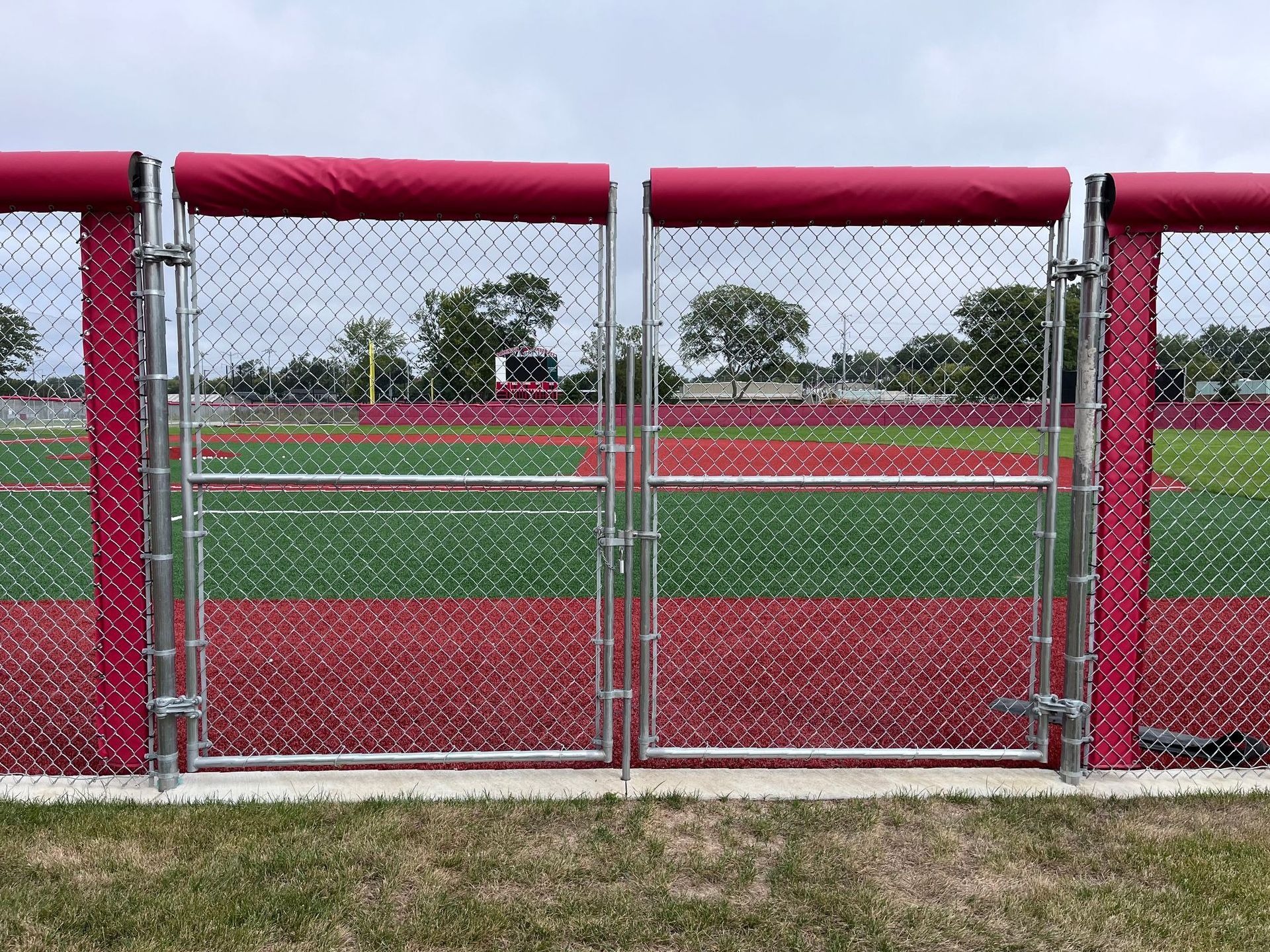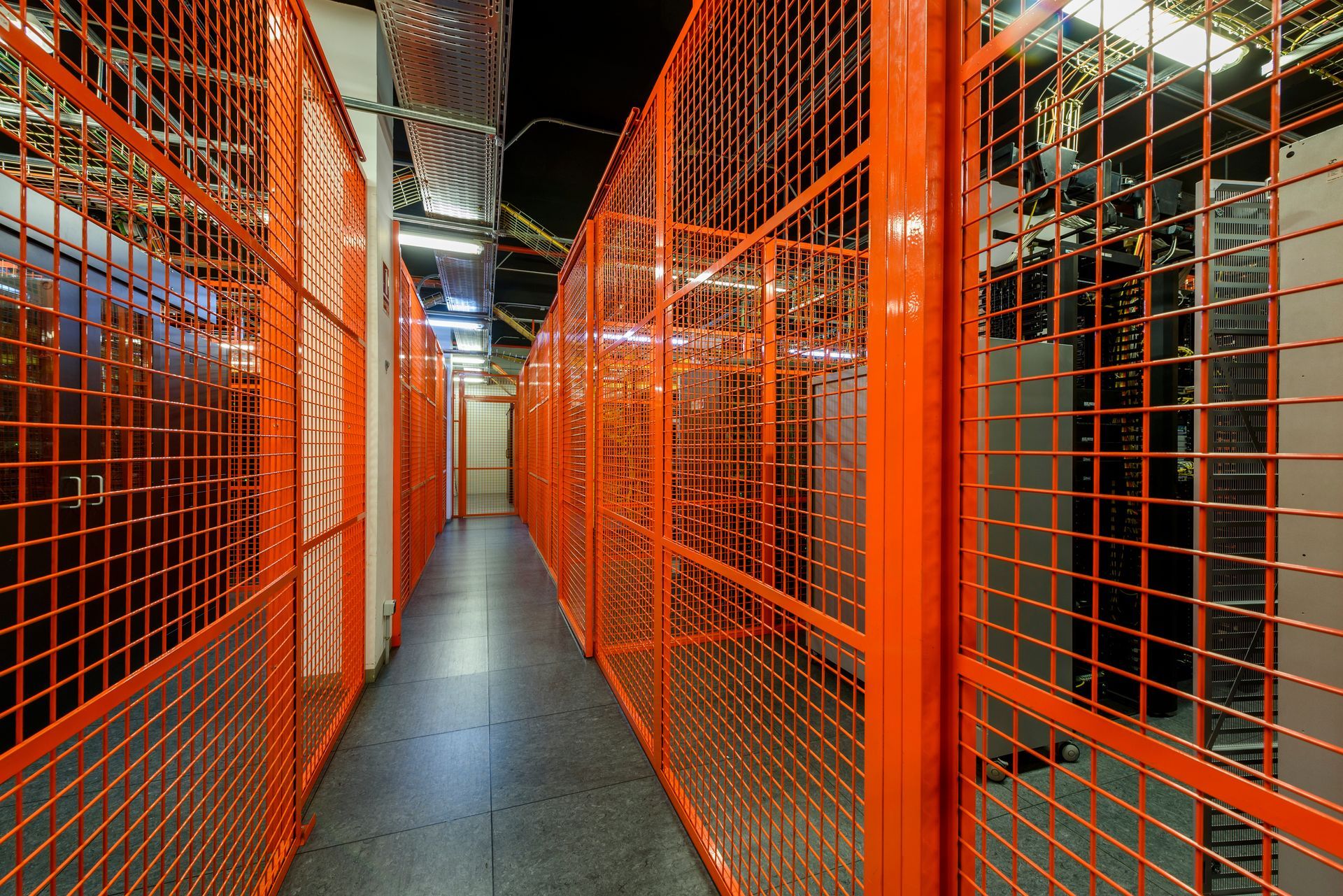Regulatory Compliance and Permits for Commercial Fencing
Installing commercial fencing is not just about selecting the right materials and ensuring robust construction; it also involves navigating a complex web of regulatory compliance and permits. Understanding these requirements is crucial for avoiding legal issues and ensuring that the fencing project proceeds smoothly. This comprehensive guide will cover the key aspects of regulatory compliance and permitting for commercial fencing, providing business owners, contractors, and property managers with the necessary knowledge to successfully complete their fencing projects.

Understanding Local Zoning Laws
Local zoning laws play a significant role in determining the type, height, and placement of commercial fences. These regulations vary widely depending on the municipality, so it's essential to understand the specific requirements in your area.
Zoning Ordinances
Zoning ordinances dictate how land within certain areas can be used. They are designed to ensure that land use is consistent with the overall development plan of the community. For example, commercial properties in certain zones may be required to have fences of a particular height or made from specific materials to maintain the area's aesthetic appeal or safety standards.
Height Restrictions
Many municipalities impose height restrictions on commercial fences. These restrictions are typically in place to ensure that fences do not obstruct visibility for drivers or create a fortress-like appearance that might be deemed unsightly or oppressive. It's important to check the local height limits before planning your fencing project.
Setback Requirements
Setback requirements specify how far a fence must be from property lines, sidewalks, streets, and other structures. These requirements are intended to ensure that fences do not encroach on public spaces or neighboring properties. Violating setback requirements can lead to fines, legal disputes, and the need to alter or remove the fence.
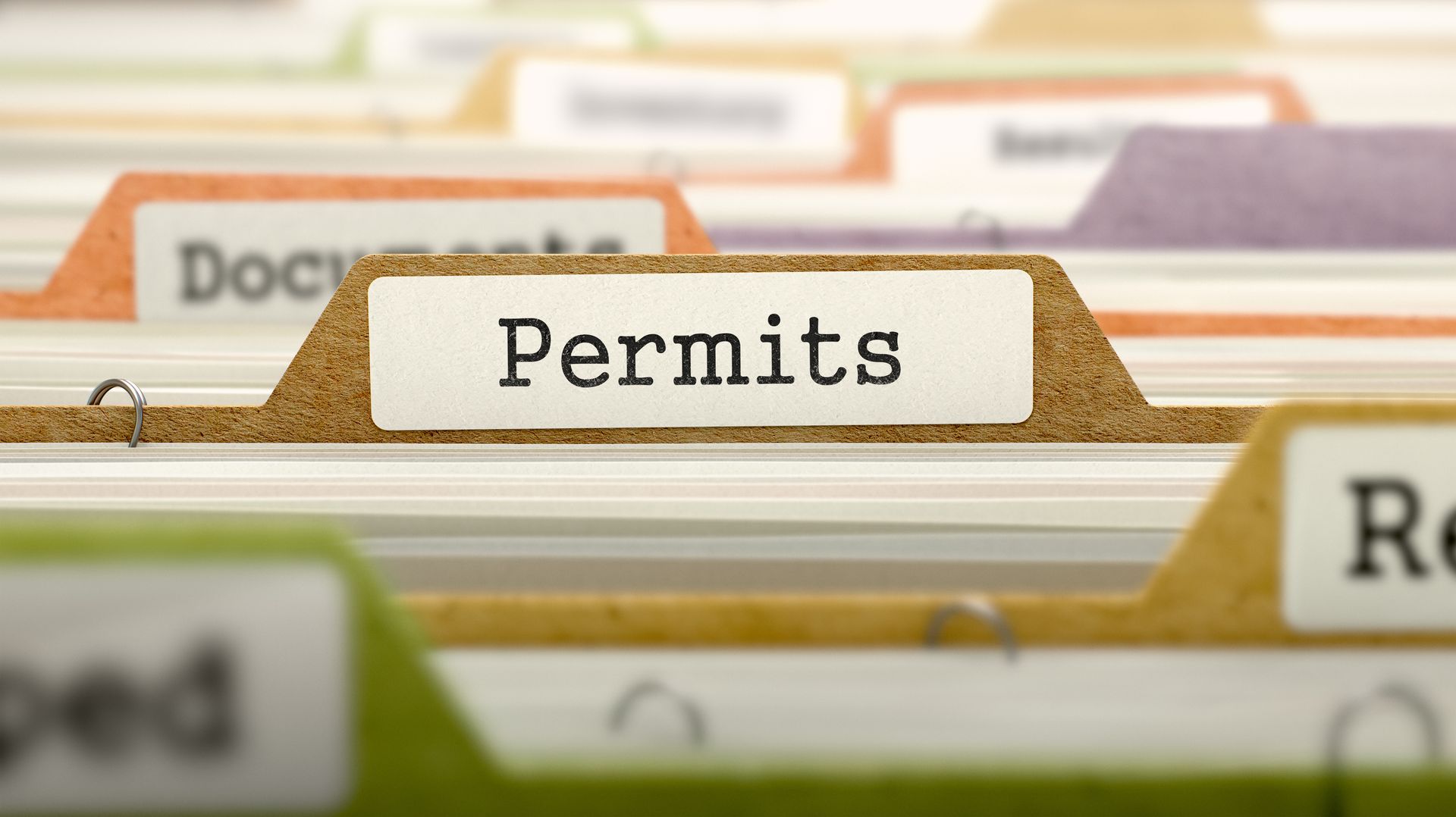
Obtaining Necessary Permits
Before constructing a commercial fence, it's crucial to obtain the necessary permits from local authorities. The permitting process ensures that your fence complies with all relevant regulations and standards.
Permit Application Process
The permit application process typically involves submitting detailed plans and specifications of the proposed fence to the local building department. These plans should include the fence's dimensions, materials, and placement on the property. In some cases, you may also need to provide a site survey or property plat.
Review and Approval
Once the permit application is submitted, it will undergo a review process by local officials. They will assess the plans to ensure compliance with zoning laws, building codes, and other relevant regulations. This review process can take several weeks, so it's important to factor this into your project timeline.
Inspections
After the permit is approved and the fence is constructed, an inspection may be required to verify that the fence has been built according to the approved plans and complies with all applicable regulations. The inspection process ensures that the fence is safe, secure, and in compliance with local standards.
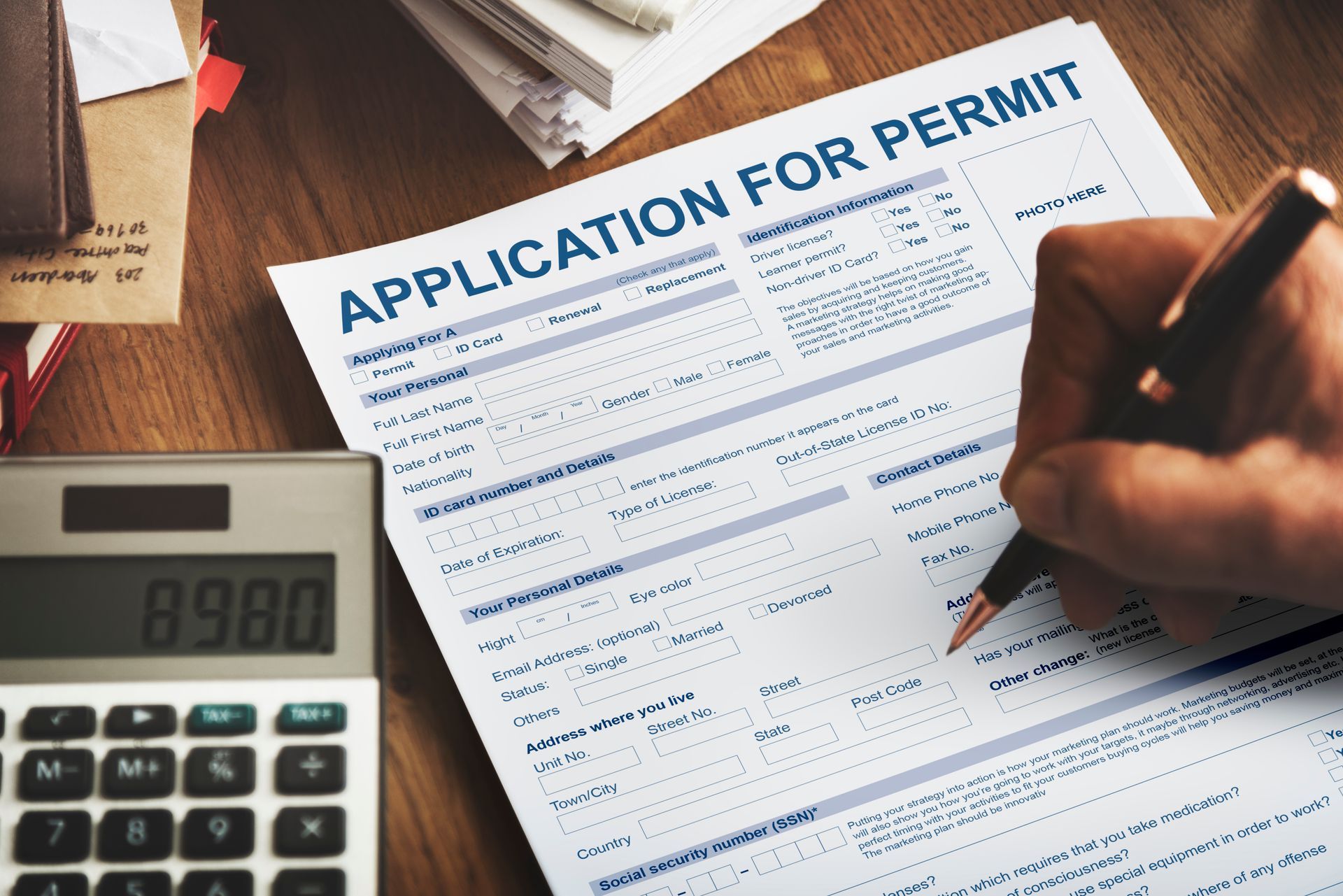
Building Codes and Safety Standards
In addition to zoning laws, commercial fences must comply with building codes and safety standards designed to protect public health and safety.
Material Requirements
Building codes may specify certain materials that are acceptable for commercial fencing. For example, codes may require that fences be made from fire-resistant materials or materials that do not pose a hazard to the public. It's important to choose materials that meet these requirements to ensure compliance and safety.
Structural Integrity
Commercial fences must be constructed to withstand various environmental conditions, such as wind, rain, and snow. Building codes often include specifications for the structural integrity of fences, including requirements for post depth, spacing, and anchoring. Ensuring that your fence meets these standards is crucial for its durability and safety.
Accessibility Standards
In some cases, commercial fences must comply with accessibility standards, such as the Americans with Disabilities Act (ADA). These standards may dictate the design and placement of gates and other access points to ensure that they are accessible to individuals with disabilities.
Environmental Considerations
Environmental regulations can also impact the installation of commercial fences. These regulations are designed to protect natural resources and minimize the environmental impact of construction projects.
Wetlands and Floodplains
If your property is located near wetlands or within a floodplain, there may be additional regulations governing the installation of fences. These regulations are intended to protect these sensitive areas from disruption and ensure that fences do not impede natural water flow or wildlife movement.
Tree Protection Ordinances
Tree protection ordinances may restrict the removal or damage of trees during fence installation. These ordinances are designed to preserve the urban forest and maintain the environmental benefits provided by trees. If your fence project involves working near trees, it's important to understand and comply with these regulations.
Erosion Control
Erosion control measures may be required to prevent soil erosion and sediment runoff during fence installation. This is particularly important for properties located on slopes or near bodies of water. Implementing best practices for erosion control can help protect the environment and ensure compliance with local regulations.

Industry-Specific Requirements
Certain industries have specific fencing requirements based on their unique needs and risks. Understanding these requirements is crucial for ensuring that your fence provides the necessary level of security and compliance.
Healthcare Facilities
Healthcare facilities often have stringent fencing requirements to ensure patient safety and privacy. These requirements may include specifications for fence height, materials, and security features, such as locked gates and surveillance cameras.
Schools and Daycare Centers
Schools and daycare centers must provide a safe and secure environment for children. Fencing requirements for these facilities often include specifications for height, visibility, and security features to prevent unauthorized access and ensure the safety of students and staff.
Industrial and Manufacturing Sites
Industrial and manufacturing sites may require robust fencing solutions to protect valuable equipment and materials. These sites often have specific requirements for fence strength, height, and security features to prevent theft, vandalism, and unauthorized access.
Navigating Legal Challenges
Navigating the legal landscape of commercial fencing can be challenging, but understanding the potential legal issues can help you avoid problems and ensure a smooth project.
Property Line Disputes
Property line disputes can arise when the placement of a fence is contested by neighboring property owners. It's important to conduct a thorough property survey and clearly mark property lines before installing a fence. Resolving disputes through mediation or legal channels can help avoid costly and time-consuming conflicts.
Easements and Right-of-Way
Easements and right-of-way agreements can impact where you can place your fence. Easements grant others the right to use a portion of your property for specific purposes, such as utility access. It's important to review any easements or right-of-way agreements before planning your fence project to ensure compliance.
Neighbor Approvals
In some cases, obtaining approval from neighboring property owners may be required before installing a fence. This is particularly common in shared spaces, such as commercial complexes or multi-tenant properties. Working collaboratively with neighbors can help ensure a successful project and prevent disputes.
Best Practices for Compliance
Following best practices for regulatory compliance can help ensure a successful fencing project and avoid legal issues.
Research and Planning
Thorough research and planning are essential for understanding the regulatory requirements for your fencing project. This includes reviewing local zoning laws, building codes, and environmental regulations, as well as consulting with local authorities and professionals.
Consulting with Professionals
Consulting with professionals, such as architects, engineers, and fencing contractors, can provide valuable insights and ensure that your project complies with all relevant regulations. These professionals can help with permit applications, design, and construction, ensuring a smooth and compliant project.
Documentation and Record-Keeping
Keeping detailed records of all permits, approvals, and inspections is crucial for regulatory compliance. Documentation can provide evidence of compliance in case of legal disputes or inspections. It's important to maintain organized records throughout the project and retain them for future reference.

Case Studies and Examples
Examining case studies and examples of successful commercial fencing projects can provide valuable insights and inspiration for your own project.
Retail Store Security Fence
A retail store in Illinois faced challenges with theft and vandalism. By installing a high-security fence with automatic gates and surveillance cameras, the store was able to significantly reduce incidents of theft and improve overall security. The project involved obtaining permits, complying with local zoning laws, and implementing best practices for security and compliance.
Industrial Facility Perimeter Fence
An industrial facility required a robust perimeter fence to protect valuable equipment and materials. The facility installed a steel fence with anti-climb features and barbed wire, ensuring compliance with industry-specific regulations and local building codes. The project involved extensive planning, consultation with professionals, and adherence to environmental regulations.
School Playground Fence
A school needed to install a fence around its playground to ensure student safety and prevent unauthorized access. The project involved selecting a fence that met height and visibility requirements, obtaining permits, and complying with safety standards. The result was a secure and compliant fence that provided a safe environment for students.
Illinois Fence Permitting
Navigating the regulatory landscape for commercial fencing can be complex, but understanding the key aspects of compliance and permitting is essential for a successful project. By researching local zoning laws, obtaining necessary permits, adhering to building codes and safety standards, and considering environmental and industry-specific requirements, businesses can ensure that their fencing projects proceed smoothly and meet all regulatory requirements.
Consulting with professionals, keeping detailed records, and following best practices for compliance can further enhance the success of your project. By taking a proactive approach to regulatory compliance, businesses can avoid legal issues, protect their assets, and create a secure and welcoming environment for employees, customers, and visitors.
In the ever-evolving world of commercial fencing, staying informed about regulatory requirements and best practices is crucial for maintaining a safe, secure, and compliant property.
Did you know we handle all of the permitting on your behalf? Forget the stress - book an estimate with one of our commercial fence experts today.
